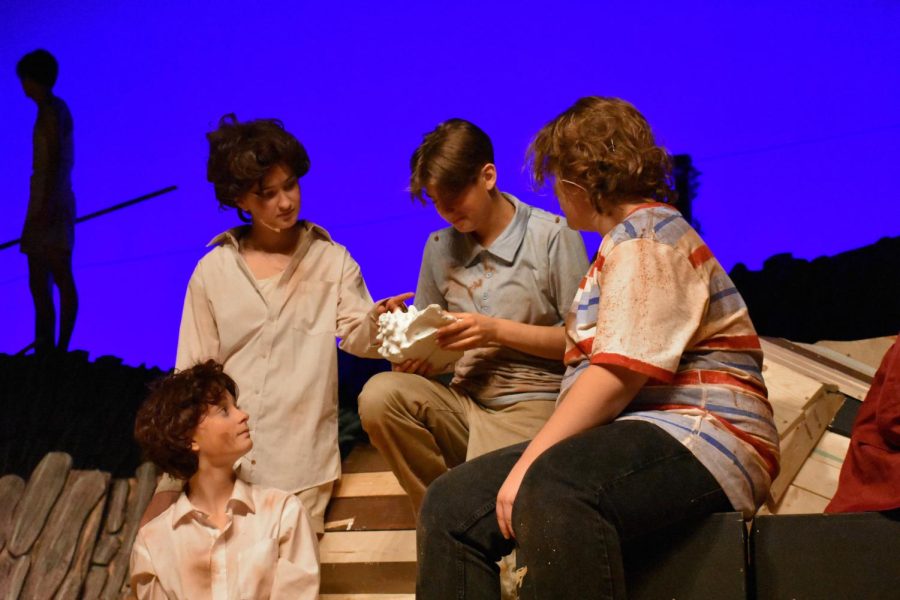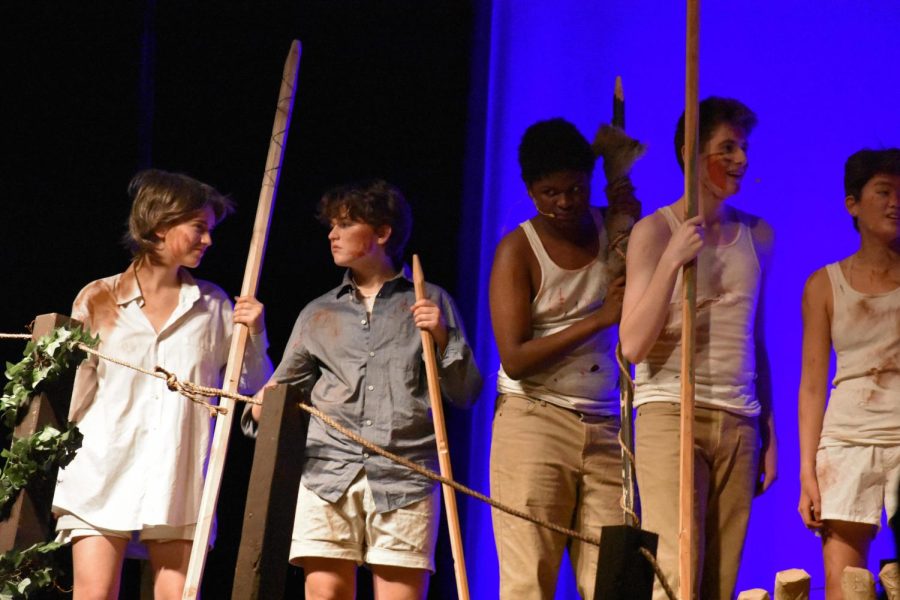By Sharon Shatananda
Policies at Tuscarora, like FLEX and Rise Read, are unique to only a few Loudoun schools. Are they helpful or irritating?
1.The 20-20 Rule
At first, the rule seems logical; it ensures that teachers can account for their students at the beginning of class and wrap-up instruction at the end. The rule can seem unreasonable to students, though. “The bulk of instruction is in the middle of class, which you don’t want to miss. But then when you’re just doing warm-ups and packing up you can’t leave,” said sophomore Kathryn Hackman.
2. Math Homework as Extra Credit
Every subject and teacher has a different approach to homework. It seems, however, that the math department has struck the perfect balance between requiring homework and giving students total freedom in choosing whether to complete it. This year, every completed math homework is worth extra credit but doesn’t count against students if it isn’t done. “Even though it’s a small amount of extra points, it helps our grades,” said sophomore Luisa Santos. These extra points provide a cushion for those who don’t test well or people who just want to put in the extra effort.
3. Advisory
Though advisory might appeal to administrators, it has more problems than benefits for students. Advisory is stuck in an awkward time slot, between the 1st and 2nd blocks of the day. The regular schedule is changed on advisory days, and is especially confusing on days with 10 minute advisory. “Everyone always ends up forgetting advisory schedules,” said Hackman. In some cases, advisory is useful in getting information about school events out, but more often than not, as Hackman points out, “teachers aren’t able to get to everything, and quiz and test time is shortened [in other classes].” Time that could be used for instruction is used for activities that teachers rarely force their students to participate in.
Some students though, welcome advisory. “I have a hard first block, so I like having a break and seeing my friends for 30 minutes,” said sophomore Gillian King.
4. FLEX
FLEX has many pluses and negatives, but generally, FLEX is useful. The fact that the school actually provides a whole block designed specifically to do homework is incredibly helpful. FLEX gives (most) students the opportunity to use computers and printers, work with teachers, make up work, and talk to friends. Students like AOS sophomore Swanny Shi don’t have FLEX this year because they are at AOS on B days. Next year, as a junior, AOS will be on A days for Shi, and she is “looking forward to using the extra time, especially with the heavier workload.”
One difficulty associated with FLEX is getting a library or computer pass, both of which are usually gone far before many buses arrive in the morning. It can be difficult for students to rearrange their plans to find a computer or be just a little late to get one of the limited passes.
5. Rise Read
Students have mixed emotions towards Rise Read, but it is helpful that the school builds time into the schedule to read, especially with assigned books for classes.
Without a book though, 20 minutes can feel like a lifetime. “I think we should be allowed to do homework or read a textbook quietly instead of reading non-academic related books,” said senior Erica Park.





